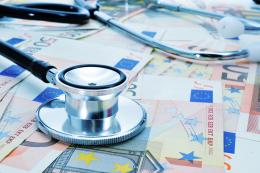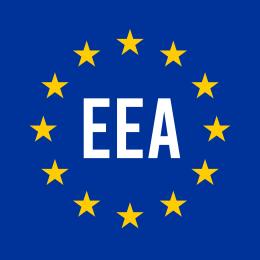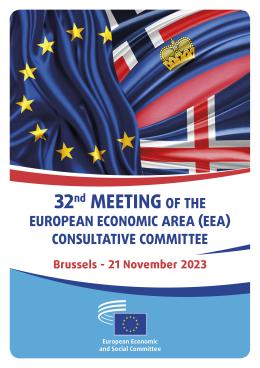European Economic
and Social Committee
Europos ekonominė erdvė
Europos ekonominė erdvė (EEE) suburia ES valstybes nares ir tris EEE ELPA valstybes (Islandiją, Lichtenšteiną ir Norvegiją) į vidaus rinką, reglamentuojamą tomis pačiomis pagrindinėmis taisyklėmis. Taikant šias taisykles siekiama sudaryti galimybes prekėms, paslaugoms, kapitalui ir asmenims laisvai judėti EEE, atviroje ir konkurencingoje aplinkoje. Susitarimas dėl Europos ekonominės erdvės įsigaliojo 1994 m. sausio 1 d.
Europos ekonominės erdvės konsultacinis komitetas yra EEE susitarimo dalis (96 straipsnis) ir buvo įsteigtas 1994 m.





